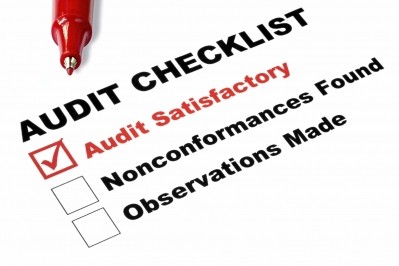Food hygiene inspection charges move closer

The FSA is currently holding discussions with the industry as part of its ‘Regulating our Future’ programme, being implemented over the next three to five years.
This will alter the way food safety is regulated by local authorities and is looking at the use of private assurance schemes and a more risk-based approach to controls.
The changes have been prompted by more complex supply chains and the financial constraints on the FSA and local authorities.
There are two options being considered, which would impact on the cost of operating a food business. The first option is a registration scheme involving an upfront payment to start operating and, secondly, payments for inspections when trading.
‘Pay for the costs of regulation’
Jenny Morris, principal policy officer at the Chartered Institute of Environmental Health, said: “My guess is that businesses will be expected to pay for the costs of regulation.
“The pay-off might be that if they [food manufacturers] have some form of assurance that lowers their risk then the level of local authority inspections goes down.
“The FSA is keen to get it right and it needs to get it right, but it is still early days.”
Meanwhile, don'
Andrew Kuyk, director general of the Provision Trade Federation, said discussions had been taking place with its members about the changes.
“The general direction of travel in terms of risk-based, proportionate [regulation] and recognition are reasonably consensual.” he said.
‘Enforcement capability’
“There are questions and issues such as the enforcement capability at local authority level. Also, issues about cost and who bears the cost of that – which is not set in stone – is part of ongoing consultation.
“There is an indication that FSA would be looking to transfer costs or costs to be borne in large part by industry.
“If it is risk-based and you have earned recognition then you might end up with an unintended consequence that smaller businesses and start-ups would be subject to more inspections and bear disproportionately more costs relative to bigger companies that need only a light touch.”
However, he admitted that the FSA had acknowledged that there were some issues to work through.
Meanwhile, don’t miss the Food Manufacture Group’s free, monthly newsletter dedicated to food and drink safety, delivered in the second week of each month.















